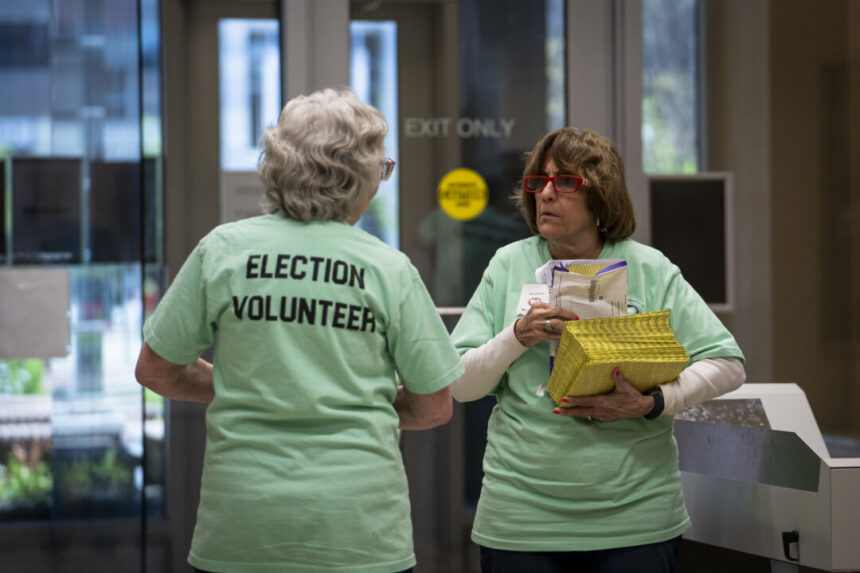In Pennsylvania, independents are not allowed to vote in the primary elections. Pennsylvania voters recently participated in the state primary, with low turnout in many precincts due to uncontested races. Some voters took the opportunity to collect campaign yard signs to support their preferred candidates during the upcoming election season. Party members often assist voters at polling places, advocate for specific candidates, and distribute yard signs.
The presidential race in Pennsylvania was predictable, with President Joe Biden securing most of the Democratic votes and former President Donald Trump winning the Republican nomination. Although Democrat Dean Phillips and Republican Nikki Haley were also on the ballot, both candidates had withdrawn from the race.
It is important to note that some voters mistakenly assume that any candidate listed on the ballot is a viable option. In a peculiar incident in 2022, former Democratic State Rep. Anthony DeLuca, who had passed away, was elected because his name was still on the ballot. This resulted in his challenger losing to a deceased candidate.
Independents are excluded from voting in the Pennsylvania primary unless there is a change in legislation. Currently, registered party members are the only ones allowed to vote in their respective party’s primary. Candidates typically rely on support from loyal voters who are registered with a major party, but they also seek to appeal to the 1,326,386 unaffiliated voters in Pennsylvania.
With 3,894,977 registered Democrats and 3,498,954 registered Republicans in the state, the margin between the two major parties is 396,023 voters, making Pennsylvania a crucial swing state for candidates. The results of mail-in ballots are counted on election morning, with in-person votes taking longer to tally.
In the congressional races, Democrat Sen. Bob Casey will compete against Republican Dave McCormick in the general election, as both candidates were uncontested within their party. The campaigns for the main event are expected to intensify soon.
In the 10th Congressional District, Republican incumbent U.S. Rep. Scott Perry faced no challengers, while six Democrats competed for the opportunity to represent their party in the general election. Pennsylvania’s District 7 saw unopposed incumbent Democrat U.S. Rep. Susan Wild contested by three Republicans.
Additionally, Pennsylvania featured significant state races, including the gubernatorial election where Gov. Josh Shapiro’s victory led to a vacant state attorney general position. Republicans and Democrats had multiple candidates vying for various positions such as Auditor General and State Treasurer, setting the stage for a competitive general election. Please rewrite the following sentence.
Source link





